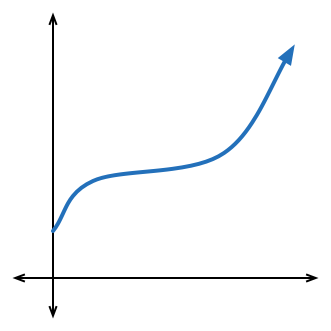This section requires Javascript.
You are seeing this because something didn't load right. We suggest you, (a) try
refreshing the page, (b) enabling javascript if it is disabled on your browser and,
finally, (c)
loading the
non-javascript version of this page
. We're sorry about the hassle.

Let us take f ( x ) = ( x 2 + 2 x ) 3 1 . Then, we have f − 1 ( x ) = ( x 3 + 1 ) 2 1 − 1
So, the integral that we want to find out can be written as follows:
I = 0 ∫ 2 ( f − 1 ( x ) + 1 + f ( x ) ) d x
Note that f ( 0 ) = 0 and f ( 2 ) = 2 , i.e., f ( a ) = a and f ( b ) = b where a , b are the lower and upper limits respectively of the given integral. Also, f ( x ) and f − 1 ( x ) are absolutely continuous on [ 0 , 2 ] .
We will then use the following theorem,
This results in the following:
I = ( 2 × 2 ) − ( 0 × 0 ) + 0 ∫ 2 d x = 4 + [ x ] 0 2 = 4 + ( 2 − 0 ) = 6
For more details on the theorem used, refer to this link .
If there's anything wrong with the solution, feel free to notify me. :)
P.S - Special thanks to Ronak Agarwal for pointing me in the right direction.